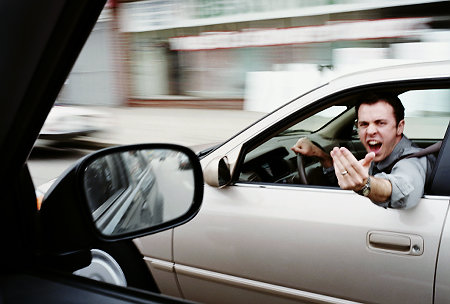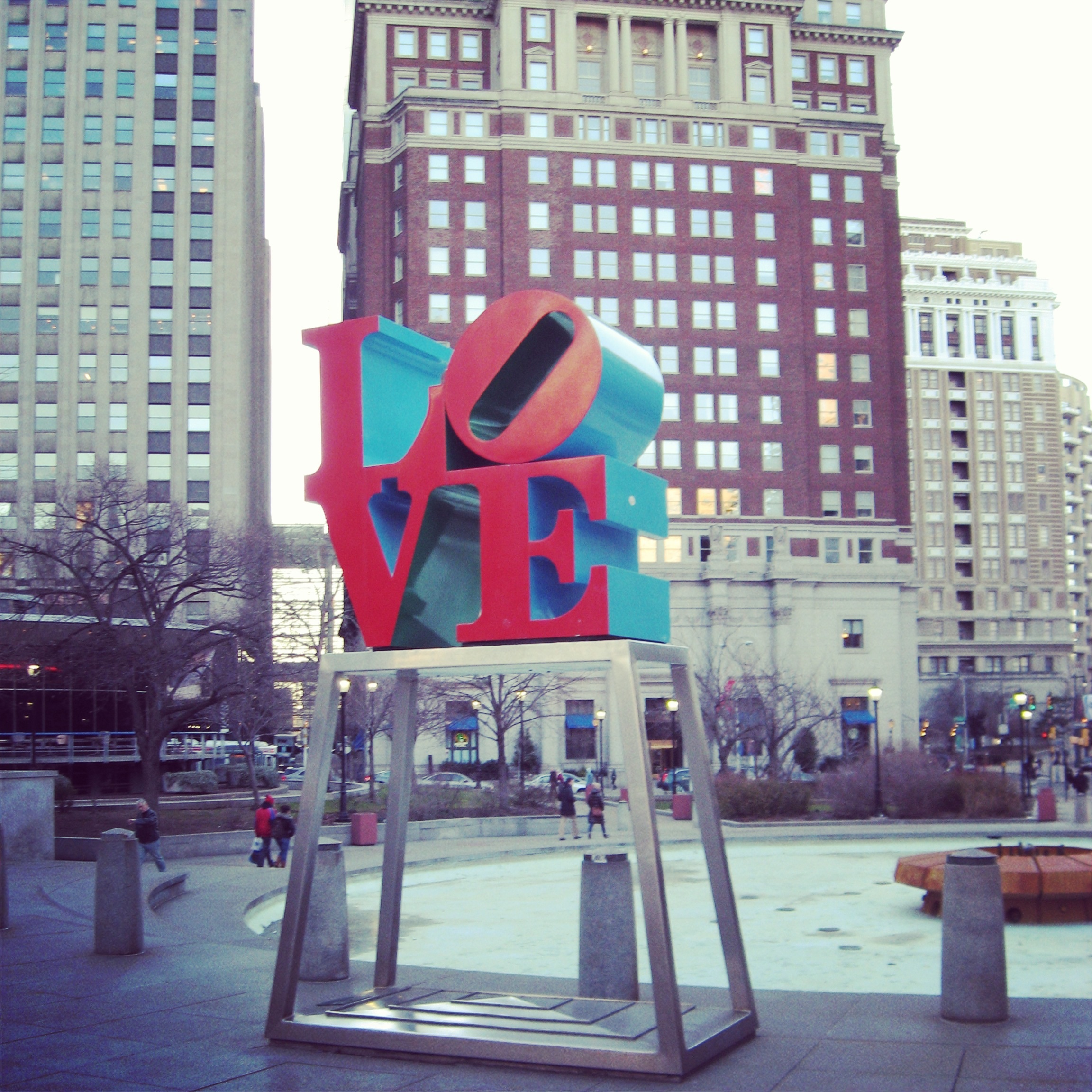
Anyone who has spent much time with me in a motor vehicle knows that when behind the wheel of a car I am not the most loving person. My automobile habits are driven much more by feelings of self-righteousness and self-entitlement than by a true care and concern for my fellow commuters. The light turns green, and the car beside me races off the line to cut me off; before I can think my mouth has formed the words and my middle digit threatens to rise; I am mad, I feel wronged, and I react. It’s a similar thing with me and technology – especially computers. When technology doesn’t behave the way I want it to, my response is seldom one of poise and patience. Intellectually I can concede that hitting the computer monitor is unlikely to have any positive impact on computer processing speed, but that doesn’t prevent me from doing it, as I ineffectually talk to my computer with encouraging words like, “come on you piece of crap.” If it seems strange to begin talking about love by exposing some of my own character flaws, then I invite you now to consider with me the way in which our habits, good & bad, lay at the root of how we form and express our love and desire.
When I stop to consider my behavior around cars & computers there is something that quickly become apparent. I notice that both my feelings, and the behavior they engender, are not primarily a rational process. I do not consciously choose what I will do each and every time my computer malfunctions or someone cuts me off in traffic, I simply react. As much as I would like to think that my actions emerge from a rational decision making process, more often than not they are the result of unthinking practices that both shape and reflect my feelings. In other words, it’s a habit.
To say that Love is a habit is to challenge what I perceive as a false dichotomy we sometimes place upon Love (and not just romantic love) in which we see love either as a feeling which we have no control over (instinct), or as a hard choice we must make (mind over matter). When someone talks about falling in or out of love, or says, “I could never love that person,” then we are talking about love as a feeling. And we live in a society that increasingly demands that we live authentically out of what we feel. When we hear it said that “Love is hard work” or see people like Mother Teresa living out their love for the poor despite what they may feel we tend to view love as a choice. While we may still celebrate these people who “choose” love, we tend to treat them as exceptional saints with a will-power greater than our own. As I think about love in my own life I don’t find either of these polarities particularly helpful for becoming a more loving person. Being authentic about my feelings toward other cars on the road does not in itself help me to be a better driver. And the idea that I should simply ‘choose’ to be more positive when my computer malfunctions is vain hope. This is where habit comes in.
Habits, whether they emerge accidentally or intentionally, can be seen as practices we regularly engage in to the extent that they transform our normative orientations and behaviors. These practices may ebb and flow, but the key is that they change both our inclinations and actions. We may consciously choose to establish a habit, but our success in establishing it as a habit will only show when it becomes something that we no longer have to think about doing. Musicians and athletes both understand the importance of habits as they engage in practices that transform their ability to perform. A musician can only honestly express emotion in their music by first engaging in the discipline of practicing their instrument: playing scales and sight reading sheet music. An athlete can not simply understand the theory of their sport and make a decision to excel at it, they must dedicate themselves to training their body in the actions required of the sport. One may decide to become a musician, or one may feel passionate about a sport, but until a person enters into the habits of the musician or the athlete they will never become one.

So what about Love? When I first met my wife a feeling was ignited towards her. My feelings pushed me towards practices that further cultivated my feelings for her: we spent time together, we listened to one another, we made meals together. Our love began to grow. Then we had our first fight (on Valentines day no less) and our feeling for one another was wounded. Now we had a choice to make, a choice to love one another or to turn away, a choice to cultivate attitudes and actions of grace and forgiveness or to give up. In this moment we began to see if our shared habits where strong enough to engender our continued love? Just as importantly, we discovered how our established patterns of grace or selfishness, modeled for us and lived out in other relationships (romantic, familial or platonic), contributed to our ability to love one another. Since that first fight, there have been many more disagreements, misunderstandings and offenses, yet we continue in our love for one another not simply because of our feelings or because we have stubbornly made a choice but because we pursue the habits that cultivate loving actions in our lives. Kissing my wife goodbye in the morning, coming home from work on time, reading books together, going out on date nights, these are all habits that both express love and cultivate our affection for one another. Habits ebb and flow, changing over time, but as we continue to embody these kinds of practices they help ensure that we will live out of love for one another without having to think about it. I can only thank God that at this point in life my habits in love and marriage are better than my habits with cars and computers.
Written by: Tim Bratton @RegentTim

I could not relate to this article. However, I know people, who will remain nameless, that should read this. 🙂
Thanks for the post Tim. I’m completely with you on the driving behaviour. So I decided to curb my road rage during Lent and it’s proving much more difficult than expected. I seem to fall into the same bad habits each time, for the precise reasons you mention: entitlement and self-righteousness. Your post inspires me to do better. Maybe I need to start small and focus on changing one habit at a time. E.g. don’t get annoyed if a pedestrian jaywalks. Practice that a few times until it becomes a new habit. Next, don’t get annoyed if someone cuts you off, etc. I’ll let you know how it goes 🙂
Thank you for sharing! I am loving these “love is…” posts.